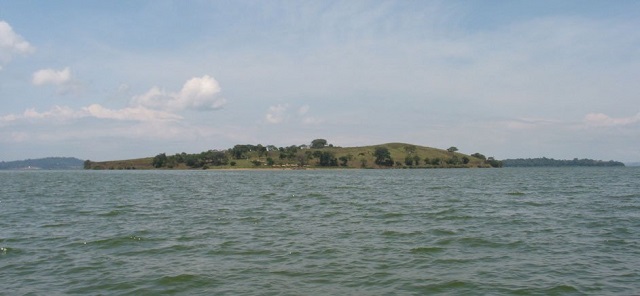
Dar es Salaam, Tanzania | Xinhua | China on Wednesday started running a two-day training seminar aimed at assisting Tanzania to increase its capacity in water conservation and management in the country’s Great Lakes.
The training seminar on Eco-environment and Water Security in Lake Basin System was jointly organized by the Nanjing Institute of Geography and Limnology (NIGLAS), the Sino-Africa Joint Research Center, and the Tanzania Fisheries Research Institute (TAFIRI).
The training seminar has brought together experts from Tanzania, Malawi, Zambia, Uganda, Burundi, Kenya, and the Democratic Republic of the Congo, countries that share the Great Lakes of Tanganyika, Victoria, and Nyasa.
Opening the seminar in Dar es Salaam, Riziki Shemdoe, permanent secretary of the Livestock and Fisheries, said Tanzania’s Great Lakes of Tanganyika, Victoria, and Nyasa are important reservoirs of freshwater in the world, which require work together to protect them.
Shemdoe said the collaboration between the NIGLAS and the TAFIRI that has been in place for the last 15 years will not only benefit China and Tanzania but also have a meaningful impact on the global society of lake science.
“Let me assure you that the entire management of the Ministry of Livestock and Fisheries supports you and your future ambitions. We will accord you all the necessary help to get this collaboration going as long as we can,” he said.
Suo Peng, charge d’Affaires and minister counselor of the Chinese Embassy in Tanzania, said China and Tanzania have carried out several phases of cooperation research projects on water environment monitoring and resources protection of the Great Lakes region of East Africa since 2008.
Suo said the outcomes of the research have been recognized by local government and international organizations.
“I believe the efforts of NIGLAS experts will help Tanzania better protect its unique lake resources and stimulate its potential blue economy,” said Suo.
The seminar focused on lake environment and ecology, water security and catchment management, and lake fishery and resources management. ■
 The Independent Uganda: You get the Truth we Pay the Price
The Independent Uganda: You get the Truth we Pay the Price





